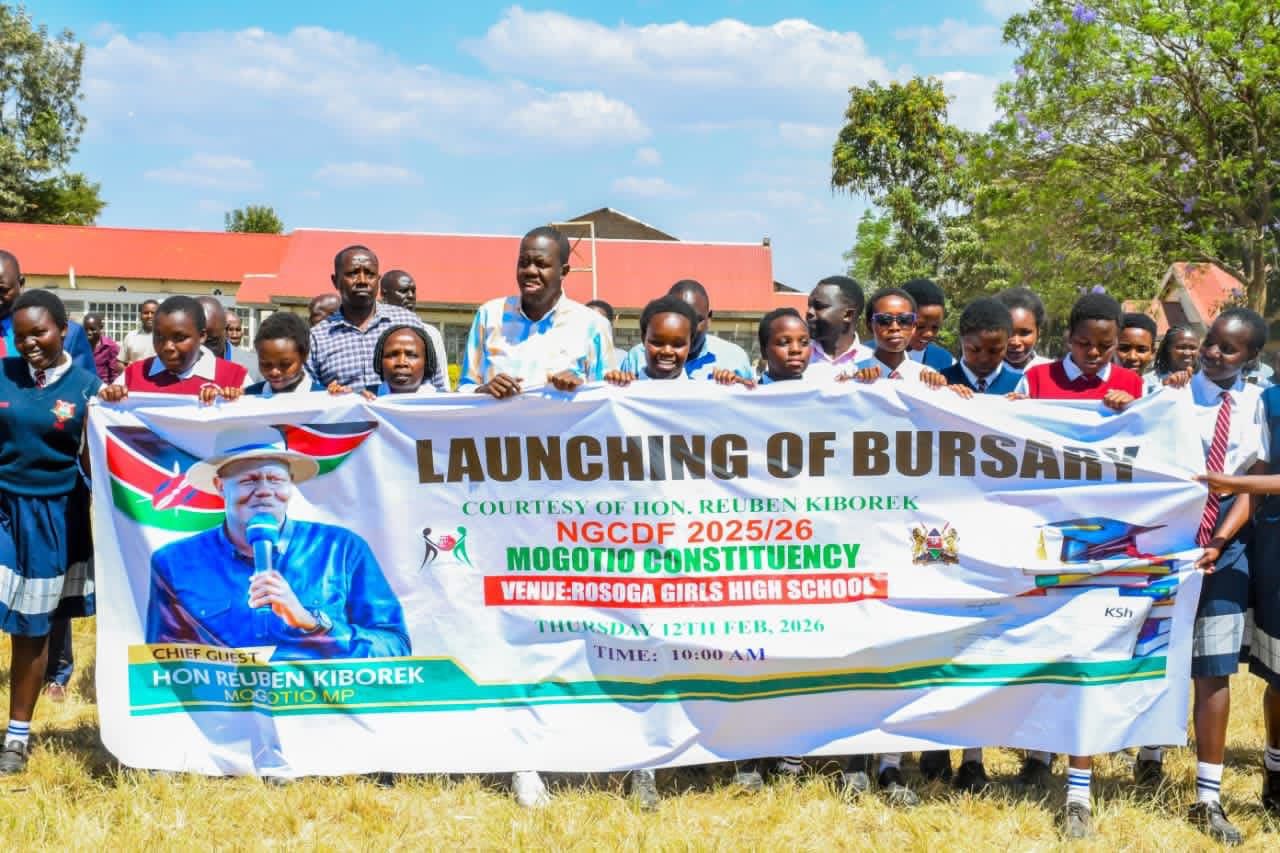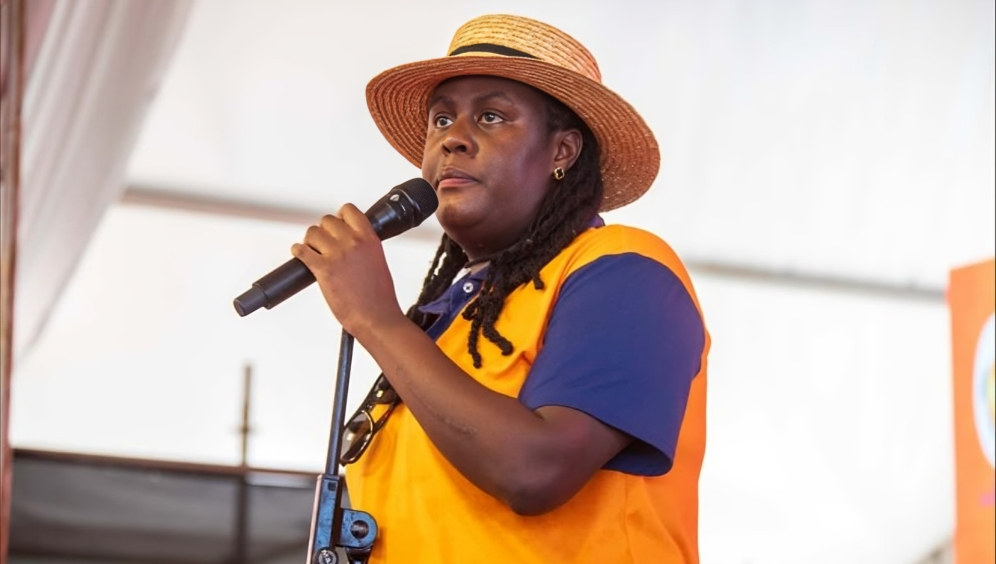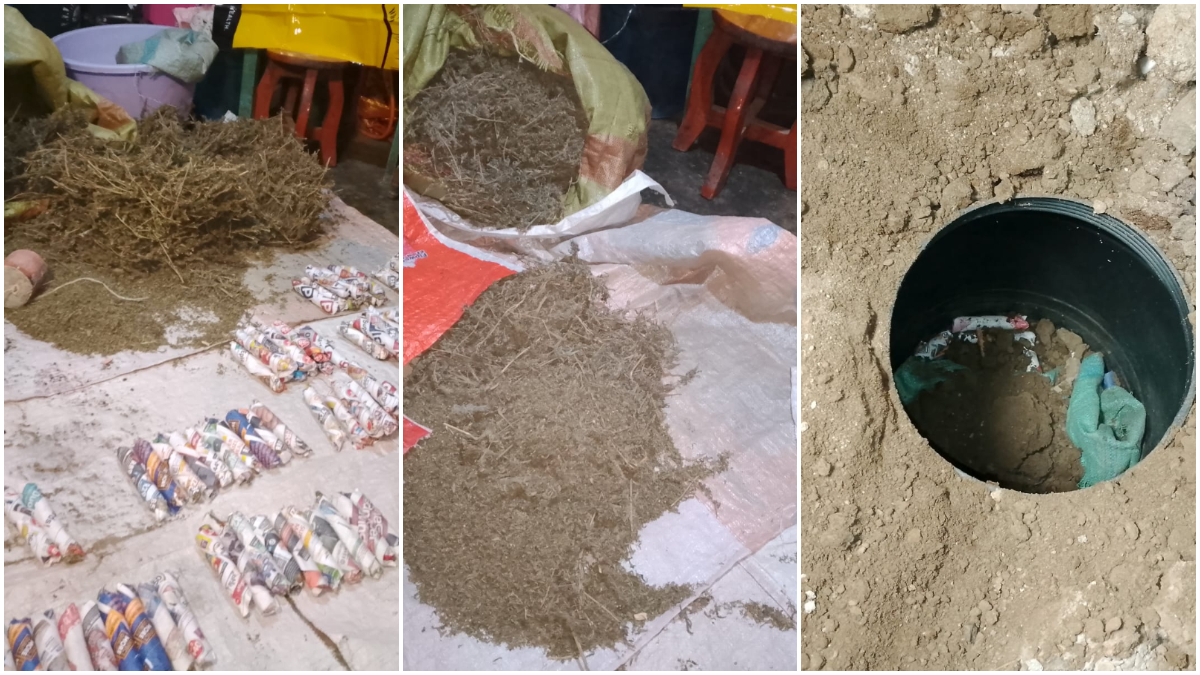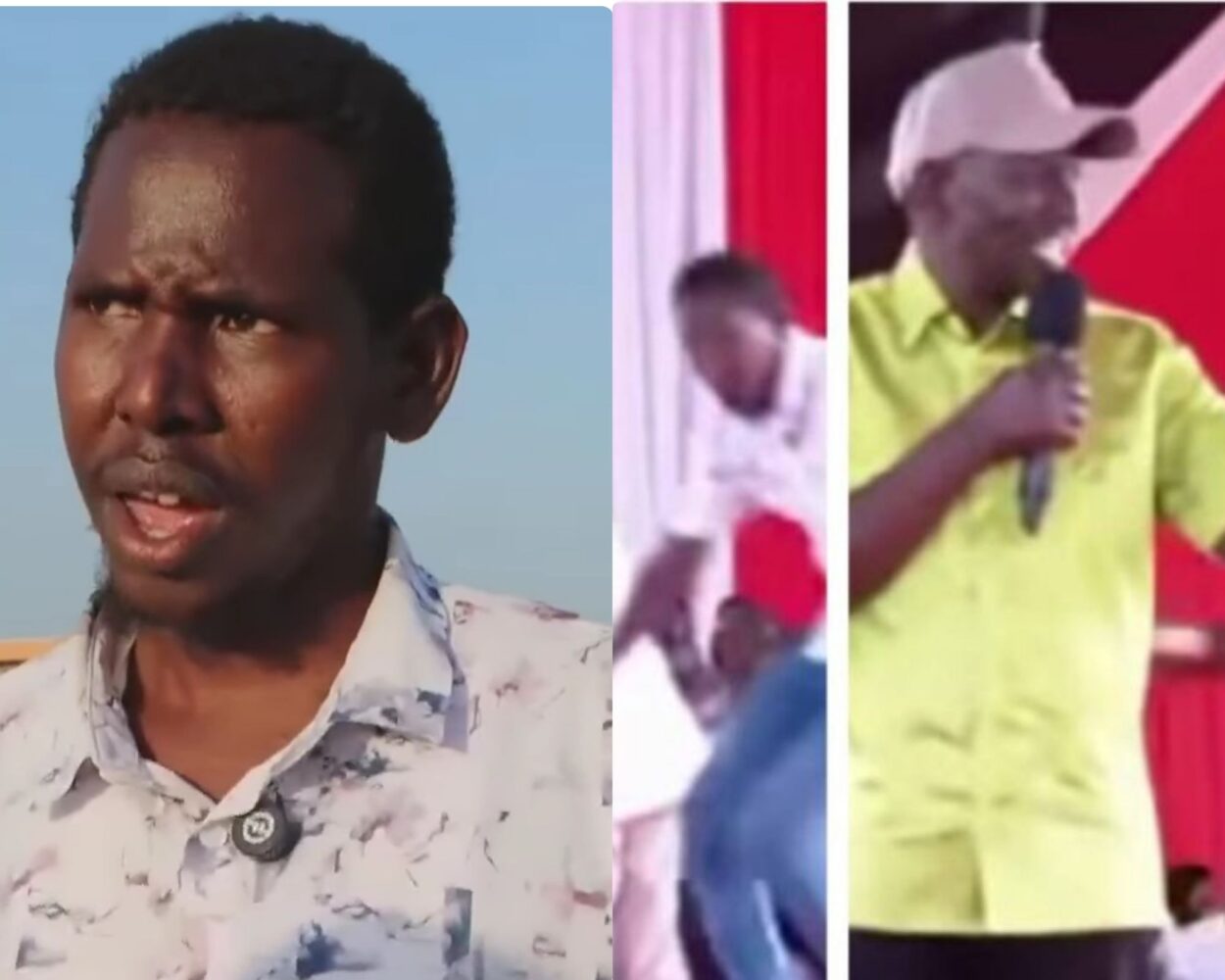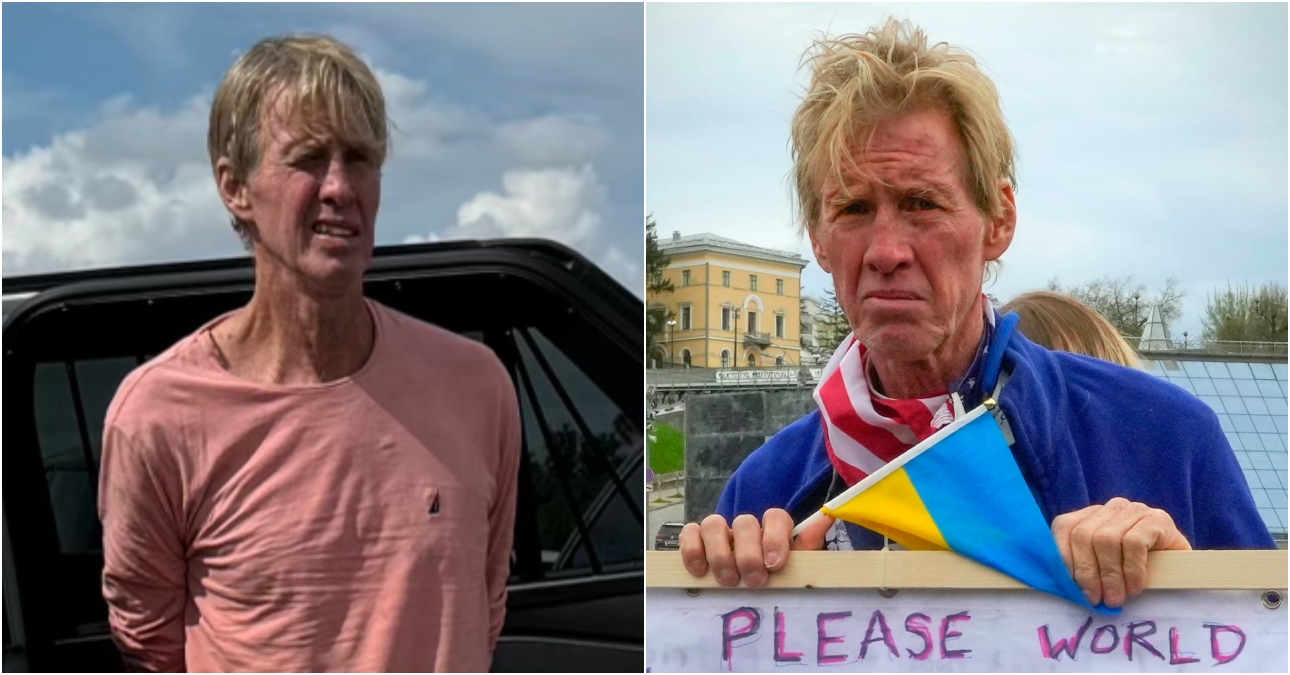Female genital mutilation (FGM) and early forced marriages have emerged as the leading causes of gender-based violence (GBV) in Marsabit County. This was revealed during a public engagement forum held at the Catholic Conference Hall in Marsabit town, where residents voiced deep concerns over the persistent abuse of women and girls within the pastoralist communities.
The session, organized by the Technical Working Group on GBV and femicide, drew participation from local leaders, civil society, and residents.
Speakers emphasized that although FGM and child marriage are outlawed, they continue due to deep-rooted cultural beliefs, lack of awareness, poverty, and rising drug abuse among the youth.
County Commissioner James Kamau, who attended the forum, acknowledged the challenges in enforcing laws that prohibit these harmful practices. The community’s tendency to resolve cases outside legal frameworks was identified as a major barrier to justice. Participants said that traditional norms, including denial of women’s rights to inheritance and land ownership, perpetuate discrimination and violence.
Ms. Nuria Gollo, CEO of Marsabit Women Advocacy and Development Organization (MWADO), expressed frustration over the community’s reluctance to abandon outdated customs. She noted that over 80% of residents are unaware of legal reforms that outlaw such practices, calling for urgent sensitization and community education efforts.
Forum attendees called for the creation of a rescue center for GBV survivors to offer safe shelter and support services. There were also calls for law enforcement to intensify crackdowns on drug trafficking, which is believed to fuel youth involvement in violence and early marriages.
Participants further urged the government to generate employment opportunities for young people, arguing that joblessness often leads to early unions without financial stability—conditions ripe for domestic violence. One participant also highlighted the growing issue of “kula fare,” where financial dependency has led to tension and abuse among the youth.
Michael Kamau, the team lead for the Technical Working Group, assured participants that their recommendations would inform ongoing reforms of the legal and institutional frameworks addressing GBV and femicide.
Marsabit County CEC for Culture and Social Development, Armara Galwab, also attended the meeting, supporting calls for community education and legal enforcement.



